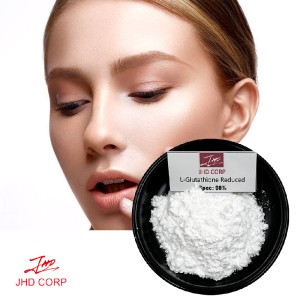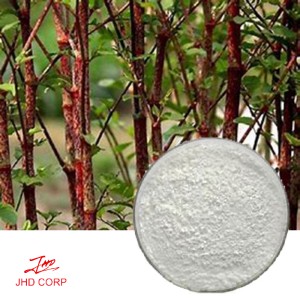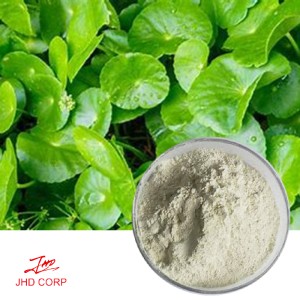Can food provide l-glutathione reduced powder?
While certain foods can support the body's natural production of L-glutathione reduced powder, relying solely on food sources may not provide sufficient levels of this important antioxidant. Dietary supplements can offer a more concentrated and reliable source of L-glutathione reduced powder to support overall health and well-being.
L-Glutathione reduced powder is a powerful antioxidant that plays a crucial role in maintaining overall health and well-being. While it is naturally produced in the body, its levels can be influenced by various factors such as aging, stress, and poor diet. As a result, many people seek out dietary sources of L-glutathione reduced powder to support their antioxidant levels.
One potential source of L-glutathione reduced powder is food. While it is not commonly found in high quantities in most foods, certain foods contain precursors to glutathione or other nutrients that support its production in the body.
Some foods that are known to contain precursors to glutathione include:
1. Sulfur-rich foods: Foods such as garlic, onions, and cruciferous vegetables like broccoli, Brussels sprouts, and cabbage contain sulfur, which is a key component of glutathione.

2. Selenium-rich foods: Selenium is an essential mineral that supports the activity of glutathione. Foods such as Brazil nuts, sunflower seeds, fish, and whole grains are good sources of selenium.
3. Alpha-lipoic acid: Found in foods like spinach, broccoli, and potatoes, alpha-lipoic acid is an antioxidant that can help regenerate glutathione levels in the body.
4. Milk thistle: This herb contains a compound called silymarin, which has been shown to support glutathione levels in the liver.
While these foods can support the body's natural production of glutathione, it is important to note that the actual amount of L-glutathione reduced powder obtained from food sources may be limited. This is because the digestive process and other factors can impact the absorption and utilization of glutathione from food.
As a result, many people turn to dietary supplements to ensure an adequate intake of L-glutathione reduced powder. These supplements are available in various forms, including capsules, powders, and liquids, and are often formulated with other nutrients that support glutathione production and activity in the body.
It's important to consult with a healthcare professional before starting any new supplement regimen, as individual needs and potential interactions with medications or existing health conditions should be taken into consideration.















